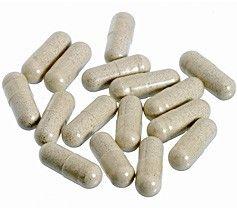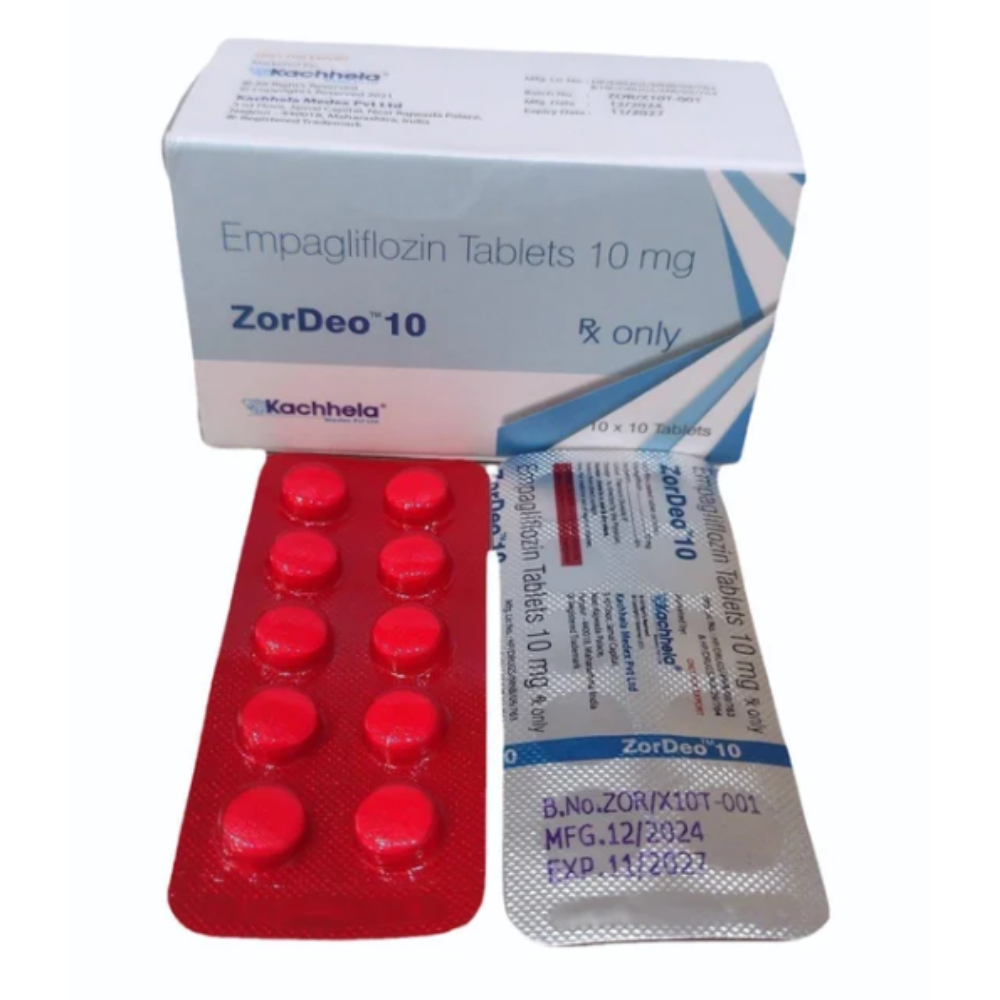Discovering the Devices Behind Fenbendazole and Its Effect On Pet Health
Fenbendazole is an extensively utilized anthelmintic understood for its performance against various bloodsuckers. Its main system includes the restraint of microtubule development, which interrupts important processes in these virus. Beyond its antiparasitic residential properties, fenbendazole additionally shows up to improve immune reactions and has anti-inflammatory benefits. Understanding these complex results can expose brand-new applications for animal wellness. Inquiries remain regarding its complete possibility and safety and security account.
The Pharmacokinetics of Fenbendazole
The pharmacokinetics of fenbendazole, a widely used anthelmintic in vet medicine, entails the study of its absorption, circulation, metabolism, and discharging within pet systems. After management, fenbendazole is swiftly taken in from the stomach tract, with peak plasma concentrations taking place within hours. Its circulation is influenced by elements such as tissue binding and lipid solubility, permitting it to penetrate various tissues successfully. The medicine goes through substantial metabolic rate largely in the liver, where it is exchanged energetic and inactive metabolites. These metabolites contribute in the medication's general efficacy and security profile. Excretion takes place mostly via feces, with a smaller sized proportion removed via urine. The half-life of fenbendazole varies among species, which influences application routines. Recognizing these pharmacokinetic residential or commercial properties is vital for maximizing its restorative use and making sure efficient parasite control in veterinary techniques.
Devices of Action Versus Parasites
Fenbendazole applies its antiparasitic results primarily through the inhibition of microtubule formation in bloodsuckers. This disruption affects their architectural honesty and cellular functions, causing impaired energy metabolic process. As an outcome, the drug successfully endangers the survival and recreation of various parasitic microorganisms.
Restraint of Microtubule Development
Restraint of microtubule formation stands for an essential mechanism where certain anthelmintic agents, including fenbendazole, exert their impacts on parasites. Fenbendazole binds to tubulin, a protein that develops microtubules, interrupting the polymerization procedure needed for microtubule setting up. This disturbance harms crucial mobile features, consisting of mitosis, intracellular transportation, and structural honesty. As microtubules play a critical function in maintaining the shape and feature of parasitic cells, their inhibition causes cell cycle arrest and ultimate fatality of the parasite. This device is particularly effective against nematodes, as their reliance on microtubules for wheelchair and nutrient absorption makes them susceptible to fenbendazole. Consequently, the inhibition of microtubule formation is a critical aspect of fenbendazole's therapeutic efficiency in vet medicine.
Interruption of Basal Metabolism
Interfering with energy metabolic process is one more important system through which fenbendazole targets parasitic microorganisms. This anthelmintic changes the energy production paths within parasites, primarily impacting their ability to create adenosine triphosphate (ATP) By preventing glucose uptake and interrupting mitochondrial function, fenbendazole restrictions the energy resources important for the survival and reproduction of these microorganisms. Consequently, bloodsuckers come to be significantly at risk to ecological stresses and immune reactions. Furthermore, the disturbance in energy metabolic process not just affects the bloodsuckers directly yet likewise reduces their capability to take in nutrients, even more hindering their development. In general, the disturbance of energy metabolism stands for an essential facet of fenbendazole's efficiency against various parasitic infections, contributing substantially to improved animal wellness results
Possible Side Results and Safety Profile
The prospective negative effects and safety account of fenbendazole warrant careful factor to consider, particularly in vet applications. While typically considered secure, some animals might experience adverse responses, consisting of intestinal disturbances such as throwing up and diarrhea. Furthermore, neurological signs and symptoms, although unusual, have actually been reported in sensitive people, highlighting the need for tracking during therapy.

Fenbendazole's safety and security in different types, consisting of canines and felines, has been documented, however dosage and duration of treatment must be meticulously taken care of to decrease dangers. Expectant or lactating pets might address additionally call for special attention, as the results on developing unborn children or nursing spawn are not fully understood.
Routine vet examinations can aid reduce possible side effects and assure the medication is provided suitably. Consequently, while fenbendazole is an efficient anthelmintic representative, alertness concerning its negative effects is necessary for preserving pet health.

Fenbendazole's Impact on Immune Feature
Fenbendazole has been noted for its possible to regulate immune system reactions in pets. Its anti-inflammatory buildings might add to enhanced immune feature, providing a double advantage in taking care of health (fenbendazole 222). Recognizing these results is essential for evaluating fenbendazole's function in veterinary medication
Immune System Modulation

Anti-inflammatory Characteristics
Anti-inflammatory effects represent a considerable facet of fenbendazole's impact on immune feature. Study suggests that fenbendazole might decrease the manufacturing of pro-inflammatory cytokines, which are pivotal in moderating inflammatory reactions. By regulating these cytokines, fenbendazole can possibly minimize inflammation-related problems in pets. This anti-inflammatory activity not only help in taking care of signs and symptoms connected with different conditions however also improves overall body immune system effectiveness. Additionally, its capacity to advertise a balanced immune action aids protect against excessive inflammatory damage, which can result in persistent wellness issues. Fenbendazole's role in swelling monitoring highlights its relevance in vet medication, offering a dual advantage of antiparasitic action and immune system support for pet wellness.
Applications Past Typical Parasitic Infections
While mainly acknowledged for its efficiency against numerous parasitic infections, fenbendazole has actually gathered interest for potential applications beyond this standard extent. Current studies suggest that fenbendazole may have useful results on mobile health and wellness and immune action, making it an intriguing prospect for handling other health problems in animals. For circumstances, its reported anti-inflammatory buildings may give relief for animals dealing with persistent inflammatory conditions. Additionally, some study suggests that fenbendazole could contribute in supporting the overall wellness of animals by enhancing nutrition absorption and gastrointestinal wellness. Its prospective as an adjunct therapy in cancer cells treatment has triggered passion, as initial searchings for recommend it could inhibit tumor cell development in specific contexts. These varied applications highlight fenbendazole's convenience, motivating more exploration right into its complex advantages for pet health and wellness beyond its traditional use as a deworming representative.
Future Research Instructions and Ramifications for Animal Health
The expedition of fenbendazole's prospective applications has actually opened brand-new avenues for research focused on improving pet health and wellness. Future research studies can concentrate on its performance versus a more comprehensive series of virus, including germs and viruses, consequently increasing its role in veterinary medication. The implications of fenbendazole's systems, such as its influence on immune inflection, warrant even more examination to recognize exactly how it can bolster overall health in different types.
Additionally, study might check out excellent does and solutions to make best fenbendazole capsules use of efficacy while lessening possible negative effects. Examining fenbendazole's collaborating impacts with various other medicines might cause a lot more reliable treatment methods. Longitudinal research studies examining long-lasting results in animals treated with fenbendazole could give beneficial insights right into its safety and effectiveness. Generally, the ongoing expedition of fenbendazole provides encouraging capacity to improve animal health and wellness, demanding a collaborative technique among researchers, vets, and pharmaceutical developers to promote innovations around.
Frequently Asked Concerns
Can Fenbendazole Be Utilized in Animals for Parasite Prevention?
The question of whether fenbendazole can be made use of in livestock for bloodsucker prevention is appropriate, as producers look for reliable therapies (fenbendazole 444). Research study suggests it may supply benefits, however appropriate standards and vet guidance are essential for safe usage
What Is the Suggested Dosage of Fenbendazole for Different Animals?

Exist Any Understood Medicine Communications With Fenbendazole?
Existing expertise suggests that fenbendazole might engage with particular read this post here medicines, potentially affecting their effectiveness or metabolic process. Vet specialists recommend talking to a vet to assess private pet situations and determine any possible interactions before administration.
Just How Does Fenbendazole Contrast to Various Other Antiparasitic Medicines?
Fenbendazole is commonly compared to various other antiparasitic drugs based on efficiency, spectrum of task, and safety and security accounts. It is favored for its effectiveness versus a vast array of parasites while normally exhibiting minimal adverse effects in pets.
Is Fenbendazole Effective Against Viral or Bacterial Infections in Animals?
The effectiveness of fenbendazole versus viral or microbial infections in pets continues to be unproven. Research study largely concentrates on its antiparasitic buildings, with limited proof supporting any role in dealing with non-parasitic infections in veterinary medicine.